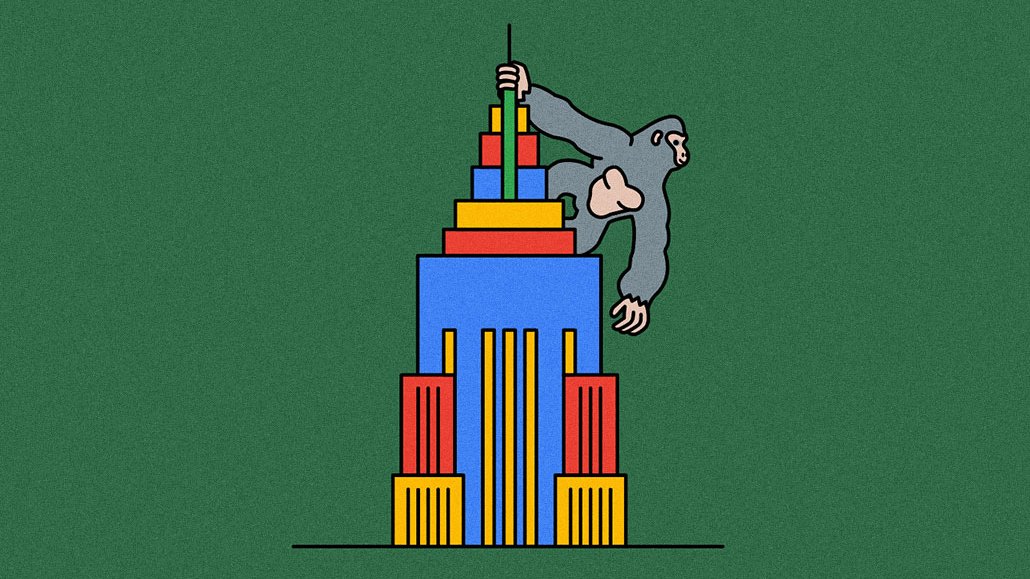Save 50% on a 3-month Digiday+ membership. Ends Dec 5.
WTF is the Justice Department’s ad tech antitrust case against Google?

This article is a WTF explainer, in which we break down media and marketing’s most confusing terms. More from the series →
Originally published on March 13, 2023, this article has been updated to include a refresher video ahead of the trial’s start on Sept. 9, 2024.
Over the past decade-plus, Google has come to dominate the digital advertising industry. And in the eyes of the U.S. Department of Justice, the search giant has become too dominant.
On Jan. 24, 2023, the DOJ filed a lawsuit against Google accusing the company of having monopolized the ad tech market. According to the department’s antitrust lawsuit, Google capitalized on its combination of ad tech tools — particularly its ad exchange and publisher ad server — to corner the programmatic ad market.
At 155 pages long, the complaint is a lot to digest. So, in a series of explainer videos, we break down the primary aspects of the Justice Department’s accusations. And for anyone looking for a tl;dr version of the case as the trial gets underway starting on Sept. 9, 2024, here’s an abbreviated version.
The first video in the series covers the basics of Google’s ad tech operation that raised antitrust alarms.
Ad position: web_incontent_pos1
The second video breaks down how Google used its combination of ad tech tools to seize a competitive advantage over competing ad tech firms.
The third video digs into the crux of the Justice Department’s case — how Google used its ad tech monopoly to prevent fair competition — by breaking down the programmatic waterfall and header bidding.
The fourth video looks at how Google Google sought to secure its ad exchange’s position atop the broader programmatic advertising marketplace by modifying its ad tech fees and manipulating advertisers’ bids in order to make AdX more lucrative for publishers.
Ad position: web_incontent_pos2
The fifth and final — for now — video outlines how Google used its ad tech tools to put rival ad exchanges at a disadvantage and penalize the publishers that prioritized them.
More in Marketing

Ulta, Best Buy and Adidas dominate AI holiday shopping mentions
The brands that are seeing the biggest boost from this shift in consumer behavior are some of the biggest retailers.

U.K. retailer Boots leads brand efforts to invest in ad creative’s data layer
For media dollars to make an impact, brands need ad creative that actually hits. More CMOs are investing in pre- and post-flight measurement.
Ad position: web_bfu




